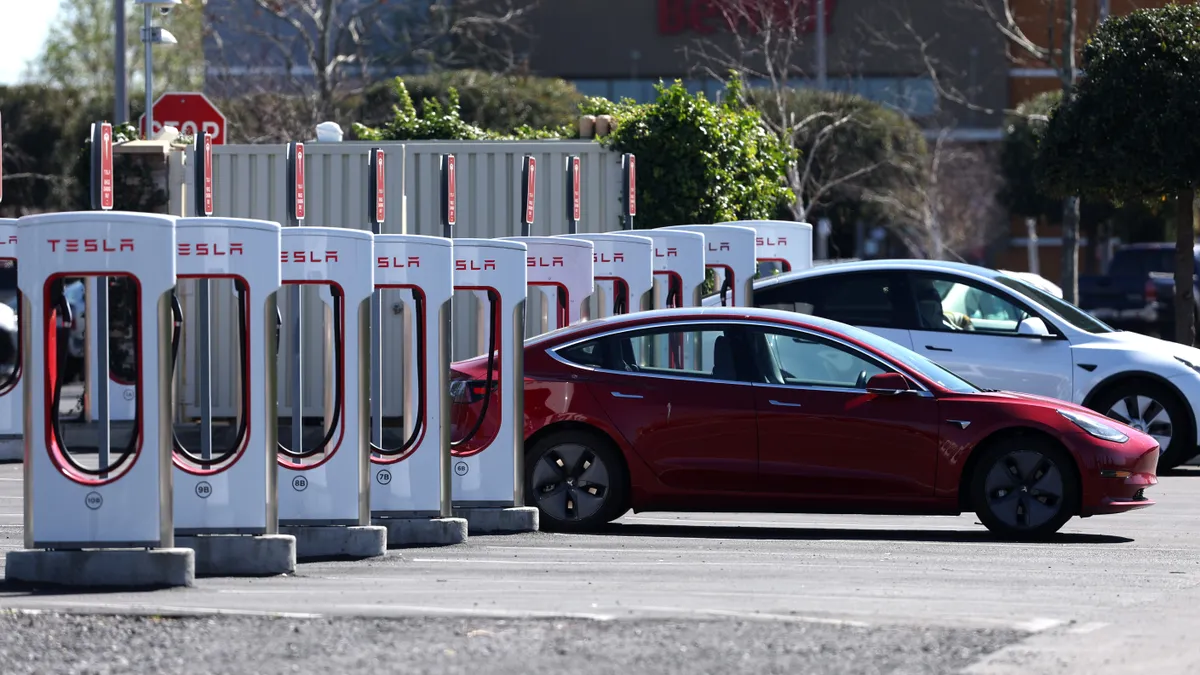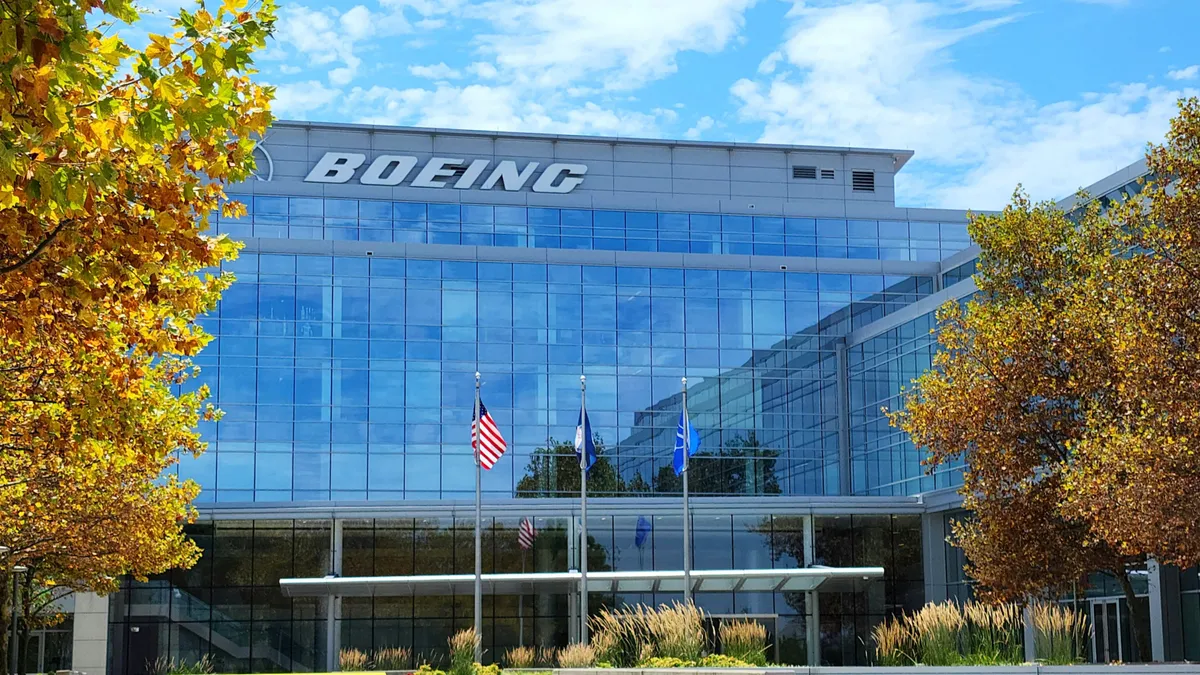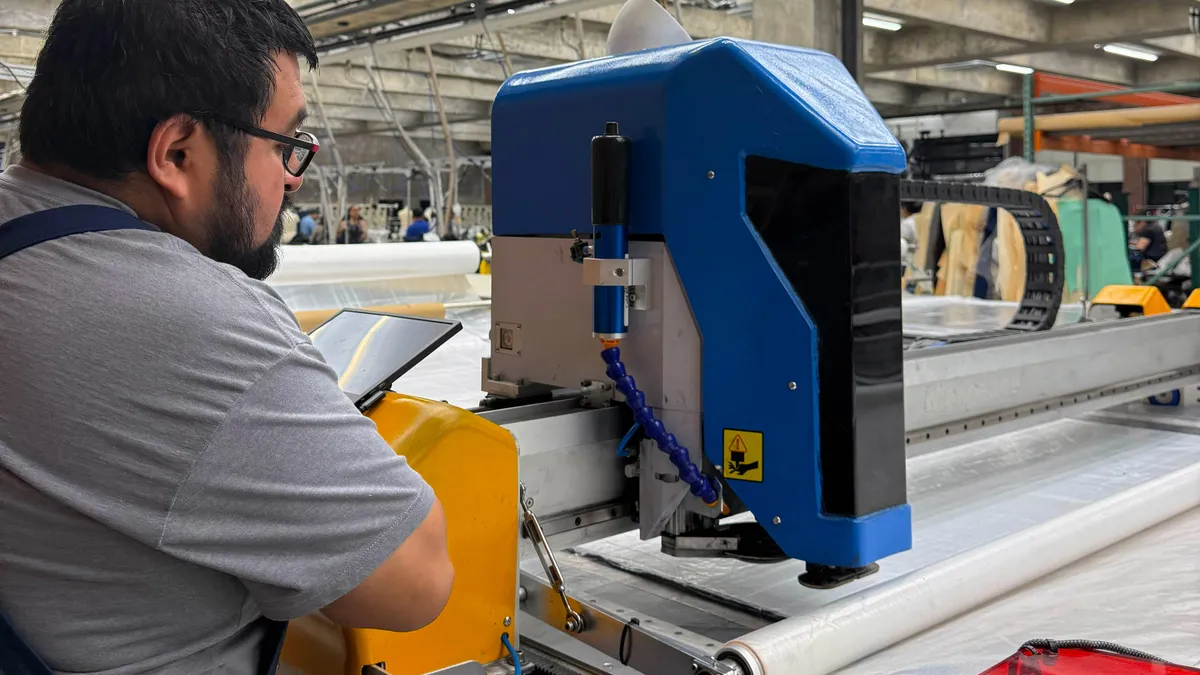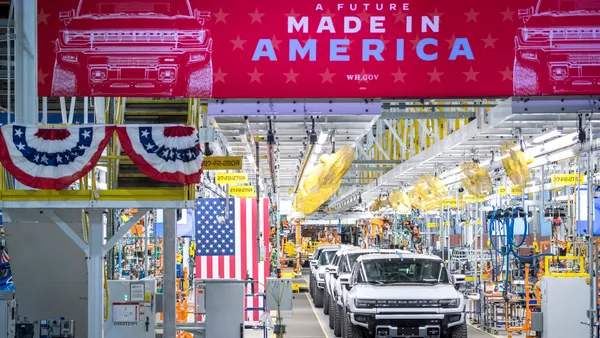The Biden administration on Wednesday finalized standards for a $7.5 billion national electric vehicle charging network and highlighted other progress in the bid to transition the country away from internal combustion vehicles.
Per the new standards, all EV chargers funded through the Bipartisan Infrastructure Law must now be built in the US. This includes final assembly and all manufacturing processes for any iron or steel charger enclosures or housing.
By July 2024, at least 55% of the cost of all components for chargers must be manufactured domestically, acording to a White House announcement.
“The new standards will ensure everyone can use the network – no matter what car you drive or which state you charge in,” the White House said in a statement.
As part of the announcement, the White House said Tesla has agreed to open to the public at least 7,500 chargers on its proprietary network. Previously, the EV manufacturer’s network had been closed to other brands.
“The open chargers will be distributed across the United States. They will include at least 3,500 new and existing 250 kW Superchargers along highway corridors to expand freedom of travel for all EVs, and Level 2 Destination Charging at locations like hotels and restaurants in urban and rural locations,” the White House said in a statement. “All EV drivers will be able to access these stations using the Tesla app or website.”
Tesla also plans to double its full nationwide network of Superchargers, according to the announcement.
Biden’s EV aspirations include having 50% of new car sales be electric by 2030 and the rollout of a 500,000-public-charger network. According to the White House, there are more than 3 million EVs registered in the U.S. today, and more than 130,000 public chargers.
Along with Tesla, the White House highlighted announcements and work being done by a range of companies in the EV charging space, including General Motors, EVgo, Pilot, Hertz and bp.
These companies and others are “announcing new commitments to expand their networks by thousands of public charging ports in the next two years, using private funds to complement federal dollars and putting the nation’s EV charging goals even closer within reach,” the White House said.













